Love Puzzle
I’m coming to this blog post in the same way as I have arrived at the other posts I’ve written – slightly overwhelmed, with a sense that I’ve scattered the contents of a jigsaw puzzle and am gazing at them knowing that there is much to piece together. I’ve got a pile of quotes and I want to see where they fit. There’s sorting to be done in my head. In writing I’m finding my way through psychic mazes and reflecting my way to some sort of sense. The overwhelm feels a bit like abseiling, as I know that I am going to descend into reflection, tipping over from the vertical plane to the horizontal, disoriented as I swivel downwards. I think that’s how it can feel at the beginning of a therapy session (for both client and counsellor) … what is going to happen next is usually unknown.
In fact – here’s a quote from a client in therapy from Rogers’ seminal text “On Becoming a Person”: -
I keep having the thought occur to me that this whole process for me is kind of like examining pieces of a jigsaw puzzle. It seems to me I, I’m in the process now of examining the individual pieces which really don’t have too much meaning. Probably handling them, not even beginning to think of a pattern… And I mean I pick up little pieces (she gestures thought this conversation to illustrate her statements) with no meaning except I mean the, the feeling that you get from simply handling them without seeing them as a pattern, but just from the touch, I probably feel, well it is going to fit someplace here. (Rogers, 1995. p77)
Anyway, I’m in a pickle about love. It’s not the first time I’m in a pickle about love (!), however this time it’s about the word ‘love’ and what the hell it means. It might be that you are asked how your new dishwasher is, and you choose this option …
Does that mean that you feel the same about your dishwasher as you do your lover, and when you look into their eyes and tell them you love them, does it feel like filling in a customer satisfaction survey?
I’m being facetious. However, I keep bumping into love. This weekend I’m going to my cousin’s wedding. Last week I had a client who explained that they were coming to see me to work out what love is for them. I am preparing lectures where I need to teach the concept of “Unconditional Positive Regard”. How can I explain this idea – can a counsellor really prize and accept each client? What about the person who behaves in a way that you find heinous? Or who holds very different beliefs from you?
And is Unconditional Positive Regard really the same as love? Is it ok to use the word ‘love’ to describe this depth of relating that permeates therapy? So begins my puzzle, and like the client above I am ‘examining the individual pieces’.
Two weeks ago I subscribed to Elizabeth Gilbert’s Substack “Letters From Love” where she invites us to practice writing and speaking to ourselves from a place of love. I sent one in… here’s mine…
Hi Gorgeous,
Life is bittersweet. Two children are leaving for university, and you are left with their empty rooms, the remnants of 20 years of playing, fighting, tending, reading, gaming, listening, hugging – loving. Years of dust has collected in the corner over an old sock, an old puzzle, an old pencil, and now their presence is exposed as the kids take themselves and belongings away from their childhood rooms.
This is a funny reward for all the loving I give them – that they should leave and care more for their growth than staying with me. And I know that my love for them is such a love that I want them to fly this nest, I want them to grow fully into them, and that in loving themselves they love me, and that I can better love me as I tearfully hug them goodbye and rejoice in their growth. Maybe this is the last hug before Christmas, but not the last love which will always always be with me – my reward.
With love,
Juliana
As I wrote that letter I reached my deepest knowing that love is not about possessing nor controlling another, and that the act and experience of loving is a warming and joyful thing – loving makes life worth living. I also knew that the love I have is ever-present, buoying me through life and nourishing me. Those I love do not need to be physically present for me to feel love. As E.M. Forster says; “It isn’t possible to love and part. You will wish that it was. You can transmute love, ignore it, muddle it, but you can never pull it out of you. I know by experience that the poets are right: love is eternal.” (p.208)
And here’s what one of ‘the poets’ say about love: -
…Love is not love
Which alters when it alteration finds,
Or bends with the remover to remove.
O no! it is an ever-fixed mark
That looks on tempests and is never shaken;…
Shakespeare Sonnet 116
I know the pain of loss and grief. However, it does not feel that love goes when I lose the loved-one. It feels more like love-in-action, with love’s assertion of its alive presence within the pain of grief.
I know too the pain of not feeling loved by another, and the cold emptiness of loneliness. I don’t think this is love’s fault. In my eyes, this has to be a human error created by conditionality, ego and E.M. Forster’s “muddle”. It’s as though love is the sun, which always shines, but that clouds such as insecurity, fear and misconception can get in the way of loving and allowing oneself to be loved. I’m not talking about being ‘in love’, just the general experience of loving. I think I see love as does Thich Nhat Hanh :-
True love does not just choose one person. When true love is there, you shine like a lamp. You don’t just shine on one person in the room. That light you emit is for everyone in the room. If you really have love in you, everyone around you will profit—not only humans, but animals, plants, and minerals. Love, true love, is that. True love is equanimity.
I further considered the meaning of the word ‘love’ when walking with a friend. We passed a row of beech trees, a place where I walk almost daily. “I love those trees!” I proclaimed. My analytical friend (who knew I’d been pondering on the meaning of love) asked if I’d have used the same word for a row of trees that I was unfamiliar with – perhaps I’d come across a row just like this in a place I was visiting for the first time – would I ‘love’ them? I wondered if my proclamation would have been more along the lines of “Aren’t those trees beautiful!”. So – it’s not just their beauty that ignites a feeling that I call “love” in me, it is also the fondness and affection of the relationship and familiarity, the happy times spent together as I walked past throwing the ball for the dogs, chatting to friends and family, listening to an audiobook or lost in thought. The trees signify home, belonging, identity.
Oh dear – and I thought I was launching into a celebration of non-possessive and unconditional love. The above passage sounds as though I see the trees as doing something for me or giving me something. But let’s get analytical (thinking of my dear friend) … if I consider that the trees are just there, and are being in the best way they can, I can see that there is no intent from the trees to do anything for me at all. They do not display their magnificence for my approval. They do not exist to help me feel at home. I am projecting my own meaning onto them. I suppose I have made them symbols for my own pleasure in connecting with nature, the dogs, friends I walk with or reflections as I walk. The trees do not even replenish oxygen to the air in order for me to breathe, they just do this as part of their own being. The deep pleasure I feel when I see the row of trees is partly due to their beauty, and also because of my own connections and sense of belonging. Is that what love is? Connection and belonging? Pleasure? Affection?
There are definitions of love which might help me answer this question. I have enjoyed Scott Peck’s words…
This definition is in alignment with another that I have heard, which describes love as an act of giving of oneself to another. And as Elizabeth Gilbert is highlighting in ‘Letters From Love’, this giving can and should also be applicable to oneself. Love is a choice. It’s not always an easy choice and it does not always spring from pleasure or affection.
Having coffee with Analytical Friend, we were talking of the challenges posed in offering unconditional love. I heard myself say that in principle I’d like to say that I loved everyone within the café. Yes – everyone - those who I do not know, feel unattracted to, feel that I might dislike, wearing a particularly awful pair of shoes – I love them all. In this case, how can love be about connection and belonging? Elizabeth Gilbert cites Einstein as saying “The most important decision we make is whether we believe we live in a friendly or hostile universe.” I choose to love unconditionally. I love all of humanity in its awful messiness and glory, and all of the universe we are in. I choose “Agape”, a kind of love that does not need anything in return. I choose this for me – as I wish to believe in basic growth potential and a constructive, formative universe. I see love as a positive choice, and resonate with Erich Fromm’s words…
I think love can be a pleasure if it comes with a sense of connection and belonging. My best description of the feeling is “heartswell”. I have this feeling to a lesser and greater degree. Whilst unconditional love is about having no agenda for the other to change, and with no expectations of anything in return… sometimes loved ones do indeed offer much in return. Heartswell! This kind of love seems to match the dictionary definition; “an intense feeling of deep affection”. This does not match what I have come to believe to be my true definition of love – wishing the other’s growth and accepting them just as they are isn’t always a ‘heartswell’ – very often it is a ‘heartsink’, sometimes it is anguish, and sometimes it is indifference to the person. Scott Peck says you don’t need the Greek seven different words for seven different loves, and that Love is only one thing – the respect held in spirit and action for an other’s growth potential. I’ve come to see the emotions evoked by the many different flavours of love to be much more about one’s own needs and desires for closeness and distance. Emotions such as affection, desire, repulsion, neutrality, anger and warmth all seem to me to be useful guides as to how close (or not) we wish to be with people/things we love, or in what ways we wish to engage with them.
Looking around at the people in the café that morning with my friend, I cannot say that I felt any intense feelings, let alone affection. No heartswell. It felt more like a discipline, and a stance of principle. I receive comfort in living according to my own beliefs and values, and that’s what Agape gives me. Agape is the Greek word for an unconditional love of humanity. I see this in the Indian salutation “Namaste” which has a meaning given by Ram Dass as “I honour the place within you where the entire Universe resides; I honour the place within you of love, of light, of truth, of peace; I honour the place within you, where, when you are in that place in you, and I am in that place in me, there is only one of us.” Agape is within the African word “Ubuntu” which means “humanity to others” or “I am what I am because of who we all are”. Perhaps I can translate this love of humanity to love of the natural world.
Back to trees, I can accept all trees just as they are. It’s easier with trees, as generally they don’t annoy me, or if they do I don’t take it personally. I know that sometimes, through no fault of their own, a tree has not been able to grow in optimal conditions.
Once a student used this example in an essay to describe how Unconditional Positive Regard can be engaged with – we don’t rage at trees bent by the wind to stand up straight. We know that the tree is growing as best as it can to grow within the conditions of its environment.
Rogers’ theory seems to be very grounded in his observations of how the natural world works. I see this in his famous quote: -
(Rogers, 1995)
I believe that the core conditions equate to what love means to me. In the offering of my genuine self, whilst I sincerely make the effort to understand another, I accept difference. This sustains growth within the other.
And how can I accept difference when I find that the other’s behaviour or beliefs are anathema to me? There’s the old chestnut ‘accept the person, not the behaviour’. This certainly helps. What helps me the most is Rogers’ 5th proposition in his series of 19 which set out his theory of the ‘Self’. I was trained as a counselling supervisor by Mike Worrall, who called this proposition his ‘desert island bit of theory’. I think it’s mine too: -
(Taken from Rogers’ 1959 paper)
This helps me in understanding that all people are behaving as they do in order to meet their needs, and that how their needs are experienced and understood depends on what they know of themselves and the world. I believe we are all doing as best as we can based on what we are aware of and with what life has served us.
The great thing about counselling is that as clients we can become more aware, understand ourselves better and this can help us inform choices. From a counsellor’s point of view, the great thing about counselling is that it is a profession that is imbued with love. What a privilege and a blessing to be offering love as a career! Babies are not just born with a need to be loved, but a need to love. But can we call what we do love? According to the above definitions that I align myself with, absolutely – yes! We are offering ourselves in the service of another’s personal growth. Practically however, I am very cautious about using the word.
The word ‘Love’ has unscientific connotations that lead many to perceiving the Woo Woo, rather than evidence-based sound practice. It also can lead people to jump to conclusions not only about inappropriate romantic and sexual love, but also abuse. Once again, this isn’t love’s fault. Any wrong doings within a counselling setting that break boundaries are to do with abuses of power, and not holding boundaries or abusing power is not ‘Love’ as I understand it. We are able to offer the “non-possessive love” that Rogers talks of because of our core conditions as well as our ethical framework.
Rogers theory of Self, as well as his Theory of Constructive Personality Change offers a disciplined, researched, evidence based approach to therapy which is in alignment with the definition of love that describes it as a principled intention to give of oneself to another, and to wish for the other to grow towards their fullest potential. At times this love can feel challenging, at times we can experience the ‘heartswell’ for our clients. The theory leaves no room for intentional harm to our clients nor abuse of their personal power, space or bodies. It is because of theory and ethics that we can take responsibility, create safety and be free to Love.
“We are deeply helpful only when we relate as persons, when we risk ourselves as persons in the relationship, when we experience the other as a person in his own right. Only then is there a meeting at a depth that dissolves the pain of aloneness in both client and therapist.” (Rogers, 1995, p.16)
Do perhaps write a comment – any feedback really welcome. I haven’t been good at encouraging comments/conversations after my posts so far – I need to get better at that. For this post I’d love to know what love means to you, or how what love means to me has landed with you …
Forster, E. M. (2012). A room with a view. Penguin Classics.
Fromm, E. (2007). Art of loving. Joanna Cotler Books.
Peck, M. S. (1978). The road less travelled: A new psychology of love, traditional values and spiritual growth. Simon & Schuster.
Ram Dass (2014). Grist for the mill: awakening to Oneness. HarperOne.
Rogers, C. R. (1995). A way of being. Houghton Mifflin.
Rogers, C. R. (1995). On becoming a person: A therapist’s view of psychotherapy. Houghton Mifflin.
Rogers, C.R. (1989). A theory of therapy, personality, and interpersonal relationships, as developed in the client-centered framework. In H. Kirschenbaum & V. Henderson (Eds.), The Carl Rogers reader (pp. 236-257, original work published 1959). Houghton Mifflin.





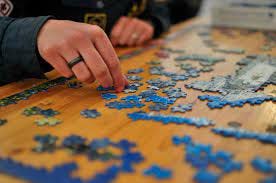

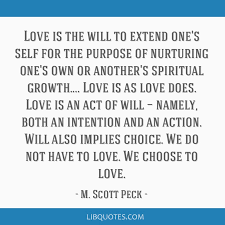

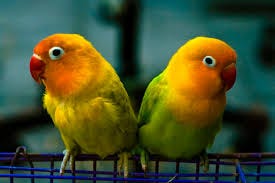

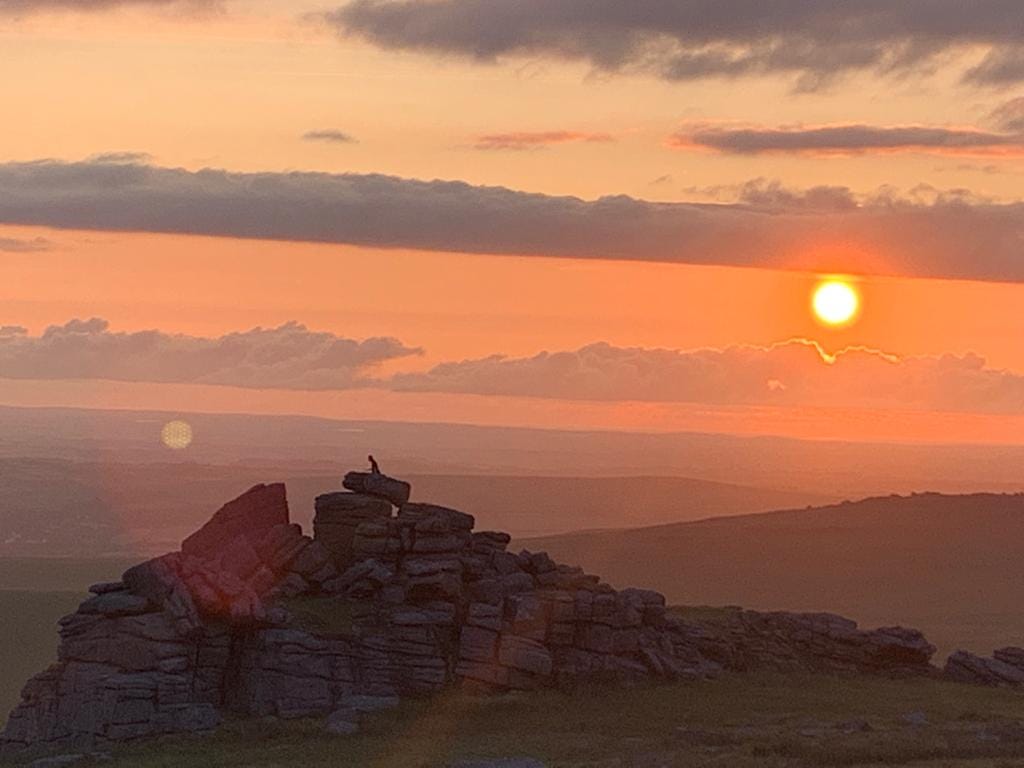

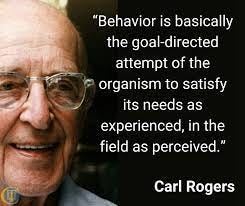

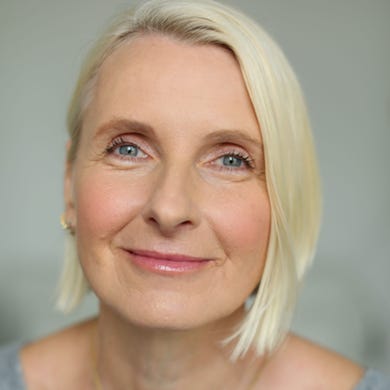
So much in here Juliana 💕 I like the Ubuntu kind of love, love through connection, a positive regard for all living beings. Báyò Akómolafe is always worth listening to, and he develops this idea further - I love his idea of ‘ontological mutiny’ whereby we rewrite the rules of existence and being, and hence I would imagine, love. I love those trees too! Xx